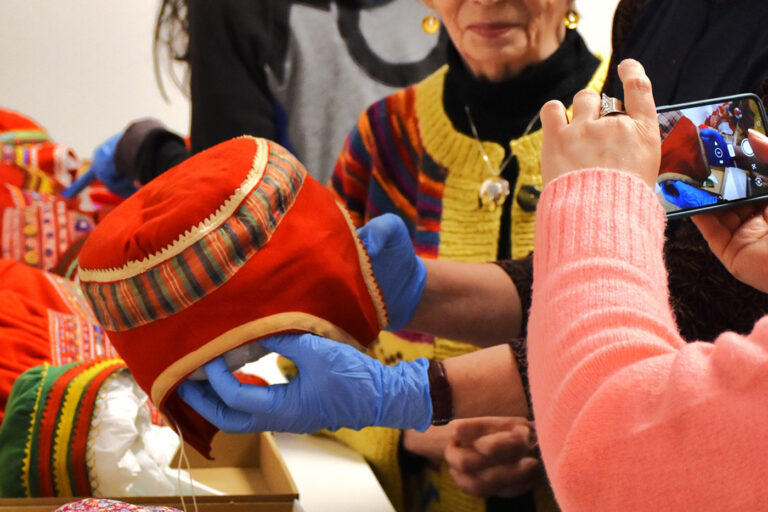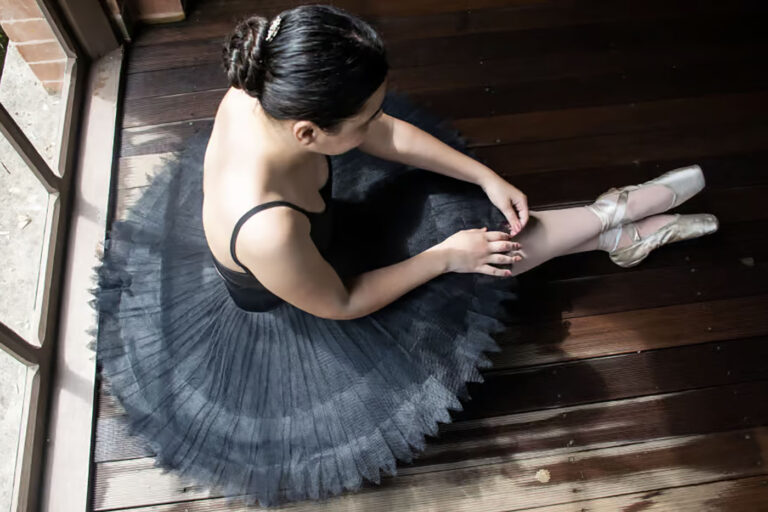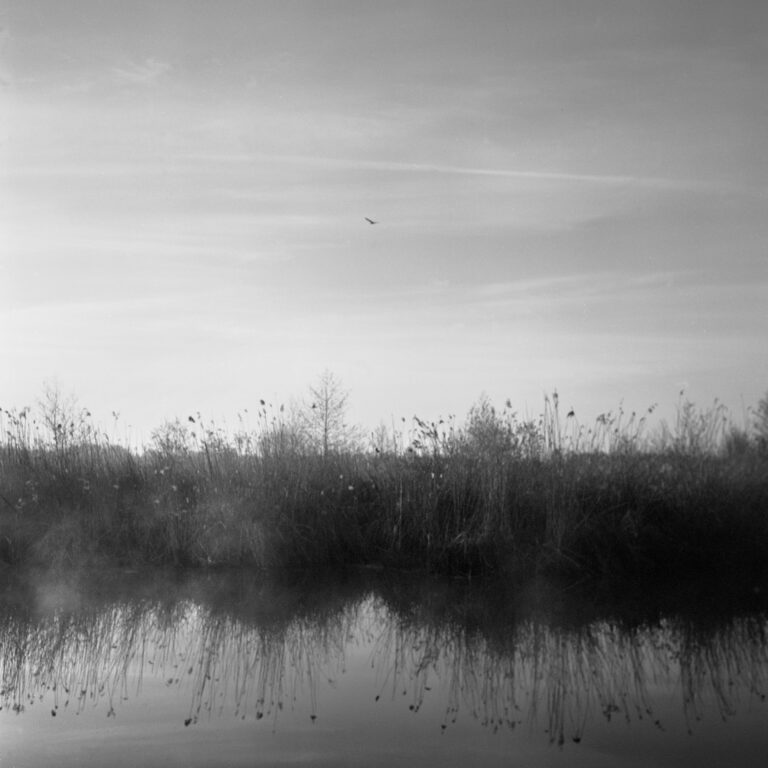Nearly EUR 25 million to academic research and the arts
The Finnish Cultural Foundation awarded a total of 1,108 grants in its Annual Gala on 27 February. A total of 12 per cent of all applicants received grants. The Finnish Cultural Foundation’s Prizes, each EUR 30,000, were presented to actor Anna Paavilainen, philosopher Veikko Rantala and architect Jenni Reuter.
Grants were awarded to a total of 1,108 individuals, working groups and organisations (1,064 in 2016). The success rate of the applications in academic research and the arts was 12 per cent, as in previous years, but the rate varies between fields, and was, for example, in painting as low as 7 per cent. The total number of applications submitted was 9,206. The number of applications in the field of the arts saw an increase, while the number of applications in academic research slightly decreased over the previous year.
Of all grants, 52 per cent went to academic research (54 per cent in 2016) and 48 per cent to the arts (46 per cent). The average size of the grants was EUR 22,100 in academic research and EUR 16,100 in the arts. The share of women among the grant recipients was 58 per cent this years, compared to economics, in which the women made up 80 per cent of the grant recipients. Eleven per cent of the applications and 9 per cent of the recipients of the grants were foreign nationals.
The largest grants showed a heavy leaning towards the arts. Of all grants awarded, 33 per cent were given for artistic work. The scheme aiming to improve the quality of life of people in need of care by means of arts received applications from 252 applicants, with 23 grants awarded, worth EUR 430,000 in total.
The grants awarded for the arts form a significant funding base supporting the position of foreign-born artists in Finland as well as the internationalisation of Finnish artists. The International Artists’ Centre Finland received EUR 50,000 for establishment costs. Support for Asylum Seekers Finland also received EUR 50,000 for the further development and rollout of a project bringing together Finnish artists and artists amongst asylum seekers in Finland. This year, the Finnish Cultural Foundation also specifically invited applications for residency grants. In addition to personal residency grants, a grant of EUR 90,000 was awarded to Perpetuum Mobile for running the Artists at Risk safe residencies.
Applications for funding doctoral research made up 29 per cent of all applications, while the share of post doc research was 12 per cent, showing a slight decrease.
In addition to the grants awarded at the Annual Gala, the Central Fund also makes funding available through the Finnish Foundations’ Post Doc Pool and the Post Docs in Companies Pool. This means that the Central Fund awarded a total of EUR 25 million in grants, as in the previous year. The Regional Funds will also distribute an additional EUR 12 million at their own annual galas in the spring.
A complete list of grant recipients is available at www.skr.fi/myonnot
Prizes for outstanding cultural achievements
Actor, director, scriptwriter Anna Paavilainen
Anna Paavilainen (b. 1983) graduated from Theatre Academy Helsinki in 2006. She joined the Finnish National Theatre in 2008, where she played key female roles over several years, including Desdemona in Othello, Célimene in The Misanthrope and Hedvig in The Wild Duck.
Paavilainen has a great ability to combine a full immersion in the role with unique clarity of thought. She is also an outstanding musical talent and she boldly uses all her skills in building a work of art.
After leaving the National Theatre, Paavilainen has pursued her career as a freelancer scriptwriting and directing her own performances. She uses acting as a medium to address structural issues in theatre and society, such as the position of young female actors and the pressures on young people regarding their external appearance. Paavilainen’s works Play Rape and Sinuus, the latter created together with Marja Salo, were poignant but extremely funny works of stage art. Paavilainen has established together with Marja Salo the Omatuntoklubi at the National Theatre, which is a club providing an accessible arena for experimental theatre. Anna Paavilainen is also a prolific film actor, director, cinematographer and scriptwriter.
The Prize has been awarded for bold and poignant statements
Mathematician, philosopher Veikko Rantala
Veikko Rantala (b. 1933) is one of the most internationally renowned Finnish philosophers. A major theme in Rantala’s career has been crossing the boundary between “Two Cultures”, the division between natural academic researchs and the humanities, and to explore the conditions in which genuine dialogue could take place.
Throughout his career, Veikko Rantala has been a proponent of cross-disciplinary exchange. Rantala earned his first degree in the 1950s in mathematics after which he taught mathematics in the upper secondary school for more than 10 years. During his time as a teacher, he became interested in philosophy and took up studies in the subject in the late 1960s. Rantala took his PhD in 1973 after which he worked as a researcher at the University of Helsinki until 1985, when he became professor at the University of Tampere. Rantala retired in 1998.
For his doctoral dissertation, Rantala developed the so-called urn models in the field of logic. This helped in resolving several epistemological problems, such as the “problem of impossible worlds”, which were previously beyond reach. The urn models have lent themselves to many philosophical discussions, such as the development of the theory of definability, in which Rantala has made a significant impact.
Veikko Rantala has discussed in his numerous articles and books the problems of conceptual and theoretical evolution as well as the modelling of scientific progress. Alongside and based on these topics, he moved on to collaborate increasingly with researchers of aesthetics as well as musicology and cognitive academic research. The collaboration led to several international publications. Rantala has published several works in Finnish and he has also written widely for the general public on topics such as music appreciation, literature and film.
As a person, Veikko Rantala has an unassuming character and a genuinely philosophical mind, and he has always remained open to different ways of thinking. This has come necessary when building bridges between two worlds, philosophy and mathematics.
The Prize is awarded to a person who has helped broaden our thinking and build bridges of understanding.
Architect Jenni Reuter
Jenni Reuter (b. 1972) is a partner in an architectural office of three women, Hollmén, Reuter and Sandman. She is also the Associate Professor in Architectural Principles and Theory at Aalto University.
Jenni Reuter is a pioneer in a strongly male-dominated field. Hollmén, Reuter Sandman Architects’ works include the Women’s Centre in Senegal, a Shelter House in Tanzania and the Learning Centre in Egypt. These projects are funded by Ukumbi, the NGO established by the three architects, in which the members are mostly women.
Jenni Reuter has carried out several projects in developing countries to alleviate poverty and to offer protection to those who need it the most. She weaves her architecture into the life of the community. A key element in her projects is to engage those in need of help in the design process and the execution of the project, so that they can be free of any sense of obligation towards the architect. According to the underlying philosophy, giving is a joy but a sense of obligation a burden in the long run. Deep caring and empathy that crosses cultural boundaries, as demonstrated by Jenni Reuter, are valuable assets in our time. Jenni Reuter combines theoretical expertise with pragmatism and fearless action: she is not afraid to get her hands dirty.
Jenni Reuter has designed Villa Sundsveja in Dragsfjärd and several architectural exhibitions, among many other things. She aims to find alternatives for conventional norms: an example of this is the private home Kissankäpälä in Espoo, which has a natural ventilation system.
Jenni Reuter is not seeking to be perceived as a heroic architect who designs buildings to build her own brand. Her work shows that showy high-profile architecture is transient and not the type of architecture that in the end will prove valuable for humanity. Reuter challenges society to approach architecture as a way of bringing equality rather than deepening the existing divide between people.
The Prize is awarded for empathetic, human-scale architectural that successfully crossed cultural boundaries.


